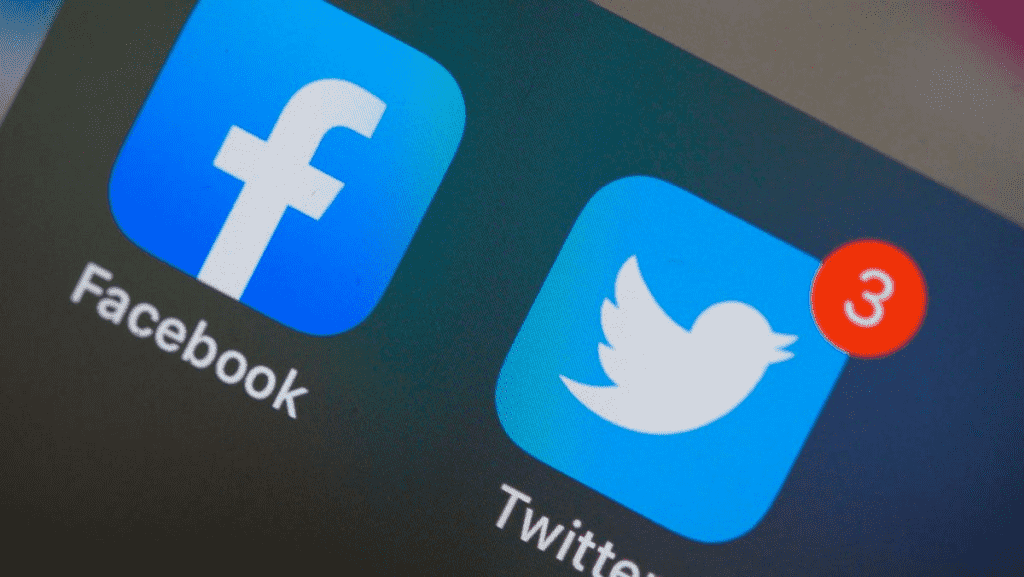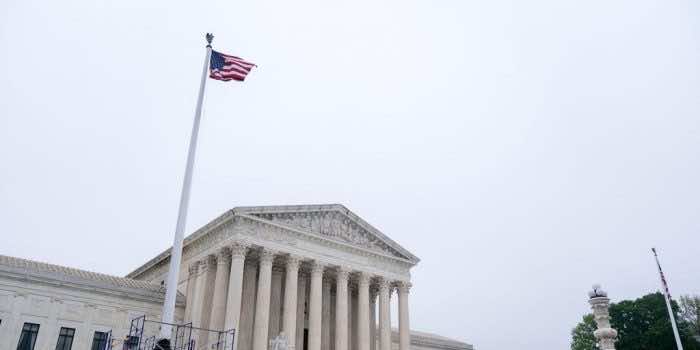On Tuesday, the U.S Supreme Court prohibited Texas from enforcing a law that would have barred social media platforms from regulating content — a result that critics argued would have driven “extremist” information into the sites.
The Supreme Court’s decision temporarily halts enforcement of the legislation while the underlying matter is heard in lower federal courts.
The 5-4 ruling was not accompanied by an explanation outlining the reasoning behind the decision. Instead, in a dissent backed by Associate Justices Clarence Thomas and Neil Gorsuch, Associate Justice Samuel Alito argued that it is “not at all obvious how our previous rules, which predate the age of the internet, could apply to large social media companies.”

Associate Justice Elena Kagan, a member of the court’s liberal side, joined three conservatives declaring she would have permitted the act to be enforced but did not explain why.
NetChoice, one of the internet trade groups that sued over the Texas law, labelled it as a “constitutional train wreck,” according to Chris Marchese, counsel at NetChoice.
“We are relieved that the First Amendment, open internet, and the users who rely on it remain protected from Texas’s unconstitutional overreach,” he said.

In an urgent appeal this month, two trade groups representing social media companies told the Supreme Court that the law would compel the sites to disseminate “all sorts of objectionable viewpoints,” ranging from Russian propaganda about the invasion of Ukraine to posts encouraging children to engage in unhealthy behaviour such as eating disorders.
The bill will “transform the Internet” and leave their platforms “overrun with spam, hostility, and graphic content,” they added.
Abbott, Trump, and other conservatives have long claimed that when social media posts are labelled or removed, or when their accounts are banned for breaking the regulations of social media companies, their First Amendment rights are violated.
Last year, the Texas governor said that “social media websites have become our modern-day public square” and that there is a “dangerous trend by social media firms to silence conservative opinions and ideas.” The companies have denied these allegations, claiming that their policies to reduce offensive content are politically neutral.

The trade groups argue that social media platforms are analogous to newspapers and television stations and that the government cannot compel them to speak under the First Amendment.
An ongoing battle over “Section 230,” a provision of federal law that shields internet corporations from lawsuits when they broadcast or remove user-generated content, is interwoven in the issue – but rarely referenced by the lawyers in the case. For years, Trump and other conservatives have advocated that the legislation should be eliminated.
President Joe Biden also campaigned for the repeal of Section 230 throughout his campaign. The White House has recently expressed support for “fundamental reforms” to the law. Congressional Democrats have suggested legislation that would keep much of the law in place but make it easier for people to sue for abusive or threatening information.
A federal district court in Texas blocked the execution of the law, but the United States Court of Appeals for the Fifth Circuit in New Orleans overturned that judgement. The trade associations filed an emergency appeal with the Supreme Court, requesting that the initial verdict be upheld while lower courts address the constitutional issues raised by the Texas law.
Moreover, Alito indicated that he has not decided how the case should be ruled on the merits but that “Texas should not be required to seek preclearance from the federal courts before its laws take effect.”


